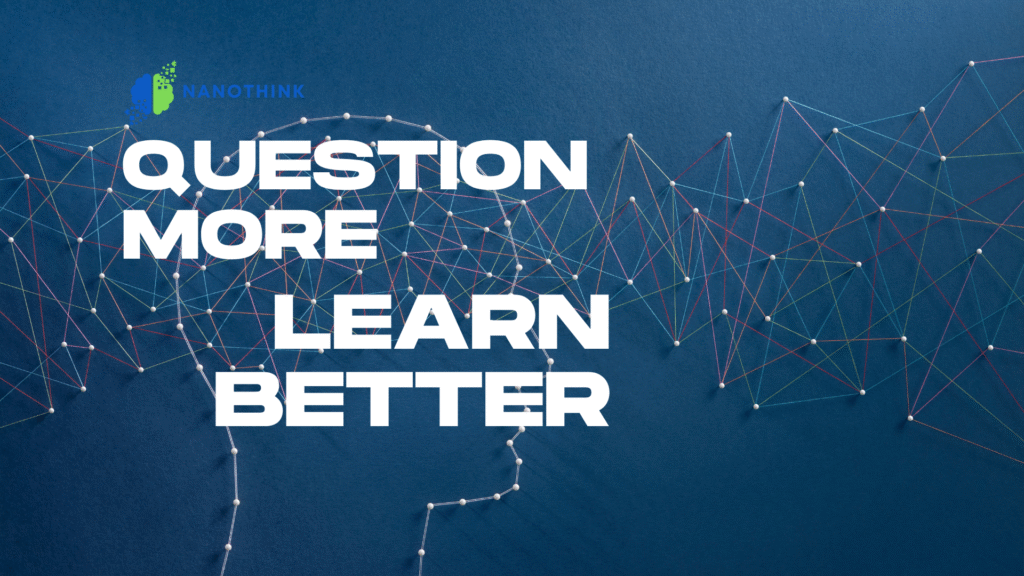So we do not forget what it means to know.
So we do not forget that knowledge is not a luxury – it is a responsibility.
Prof. Dr. Vlatko Silobrčić, International Academy of Sciences and Arts of Bosnia and Herzegovina
Dr. Adna Softić, Verlab Institute
It is a fact that science has significantly contributed to the advancement of humanity. Not only through its results (innovations, new products, and services), but especially through the application of critical thinking in the search for solutions. The process always involves collecting information about the subject of research, identifying how to conduct the research, and drawing conclusions from the collected data. These conclusions are supported by statistical analysis that shows the probability of the data being accurate. Results are then published in journals that ensure competent reviewers verify the premises, methods, and conclusions. This way, the results enter the public domain, where they are further scrutinized and added to the body of knowledge on the topic.
This entire process is often long and demanding. It requires daily problem-solving and intellectual effort by the participants. In other words – reason!
Reason, or ratio, inherently implies the need to determine the relationship between what has been found and the meaning of observed phenomena or data.
We could briefly say that critical thinking is thinking that uses reason to assess the probability of the accuracy of what has been observed.
Disinformation cannot survive where critical minds exist.
Today, the sheer amount of accessible information and data makes it extremely difficult – but all the more important – to rationally and critically assess their credibility. Humans, as a species, are gifted with cognitive capacity. The real question is: how many are truly willing to use it?
It is much easier to simply “believe” what one reads or hears, but this kind of intellectual laziness in applying critical assessment is truly astonishing. This allows all sorts of semi-educated or uneducated “experts” to gain influence by selling various false narratives and solutions. Most people are willing to accept such “solutions” and take them at face value.
One example of such behavior is participation in democratic elections. Consider how many voters genuinely read and critically analyze the programs offered by candidates. It is not an exaggeration to say that most voters decide with their hearts, not their minds. Irrelevant factors are often considered in the decision-making process – because it’s quicker and easier. The only question is: is that truly more important when choosing good candidates?
As a response to the lack of systemic development of critical thinking in education, the international project NANO-THINK was created.
Its aim is to improve students’ ability to critically assess scientific information, analyze complex problems, and develop resilience against superficial solutions and information of questionable credibility.
Nano-learning for macro-thinking.
NANO-THINK uses nano-learning – an innovative approach based on short, thematically focused educational units that help develop essential skills: critical thinking, identifying biases, understanding context, and appreciating diverse perspectives.
This approach enables students to re-evaluate learned patterns and develop deeper understanding through interactive digital tools and virtual exchanges among partner countries.
Critical thought begins with small steps.
In the age of artificial intelligence – especially under conditions where education systems suffer from fragmentation, resource shortages, and an overreliance on rote learning – such projects represent a highly valuable initiative. Through collaboration with EU partners and the introduction of digitally supported education, NANO-THINK contributes to curriculum modernization and strengthens university teaching capacities.
NANO-THINK addresses formal education but also responds to broader societal challenges such as the spread of disinformation, declining trust in science, and growing digital manipulation. In this context, the development of critical thinking is no longer a luxury – it is a necessity.
It is the mark of an educated mind to be able to entertain a thought without accepting it.
Zagreb and Sarajevo, June and July 2025
This project is co-funded by the European Union through Erasmus Virtual Exchanges in Higher Education and Youth.
